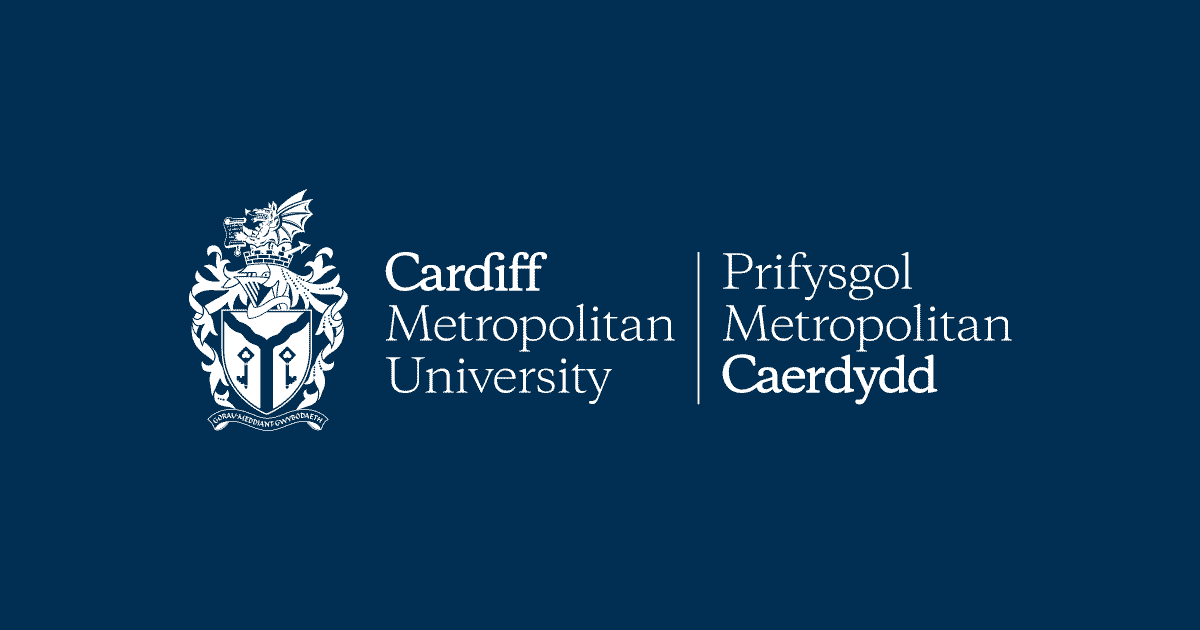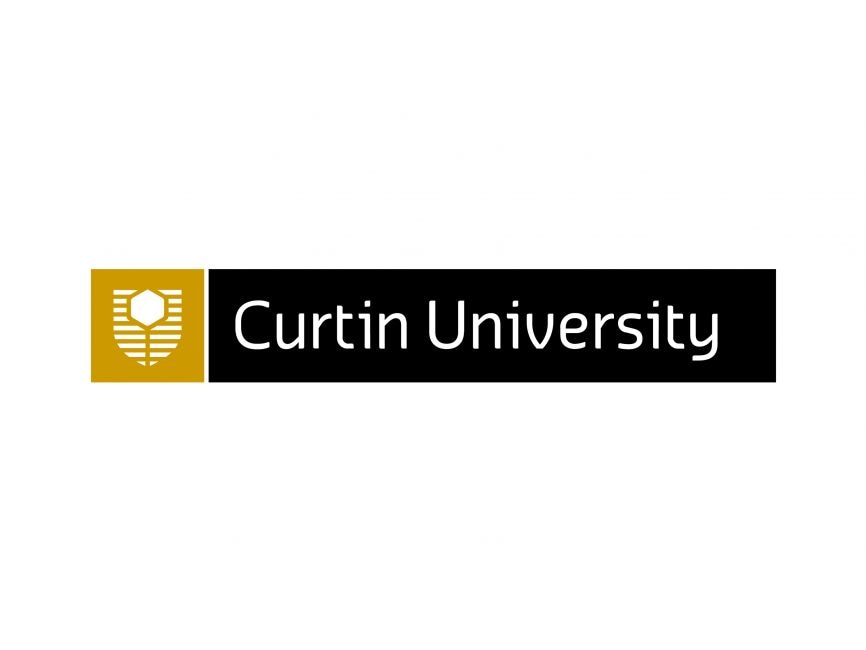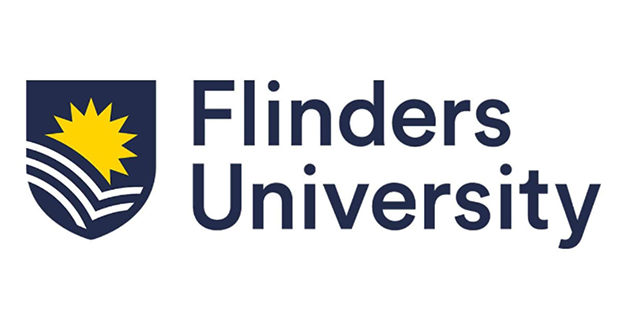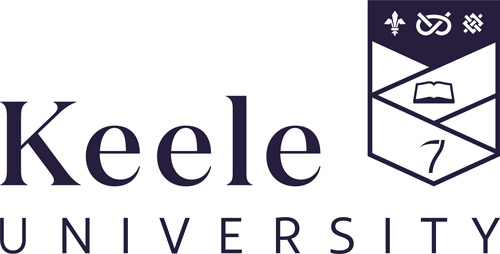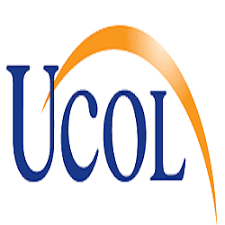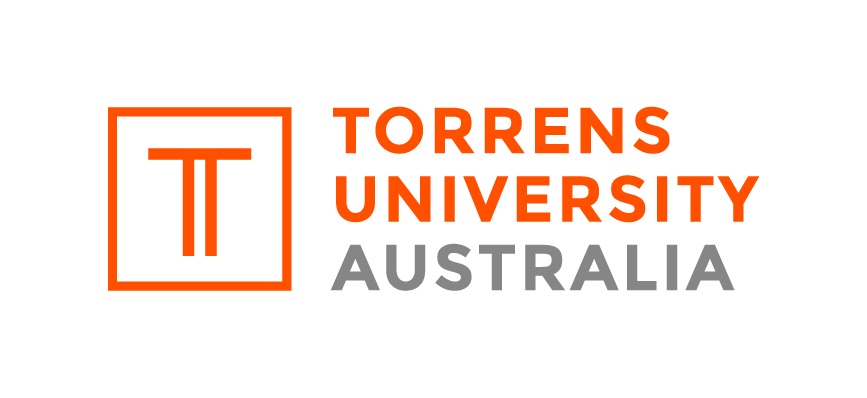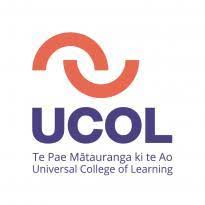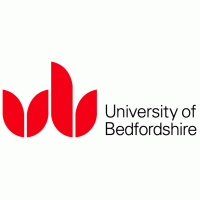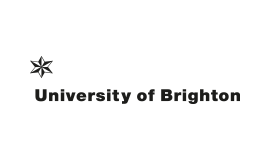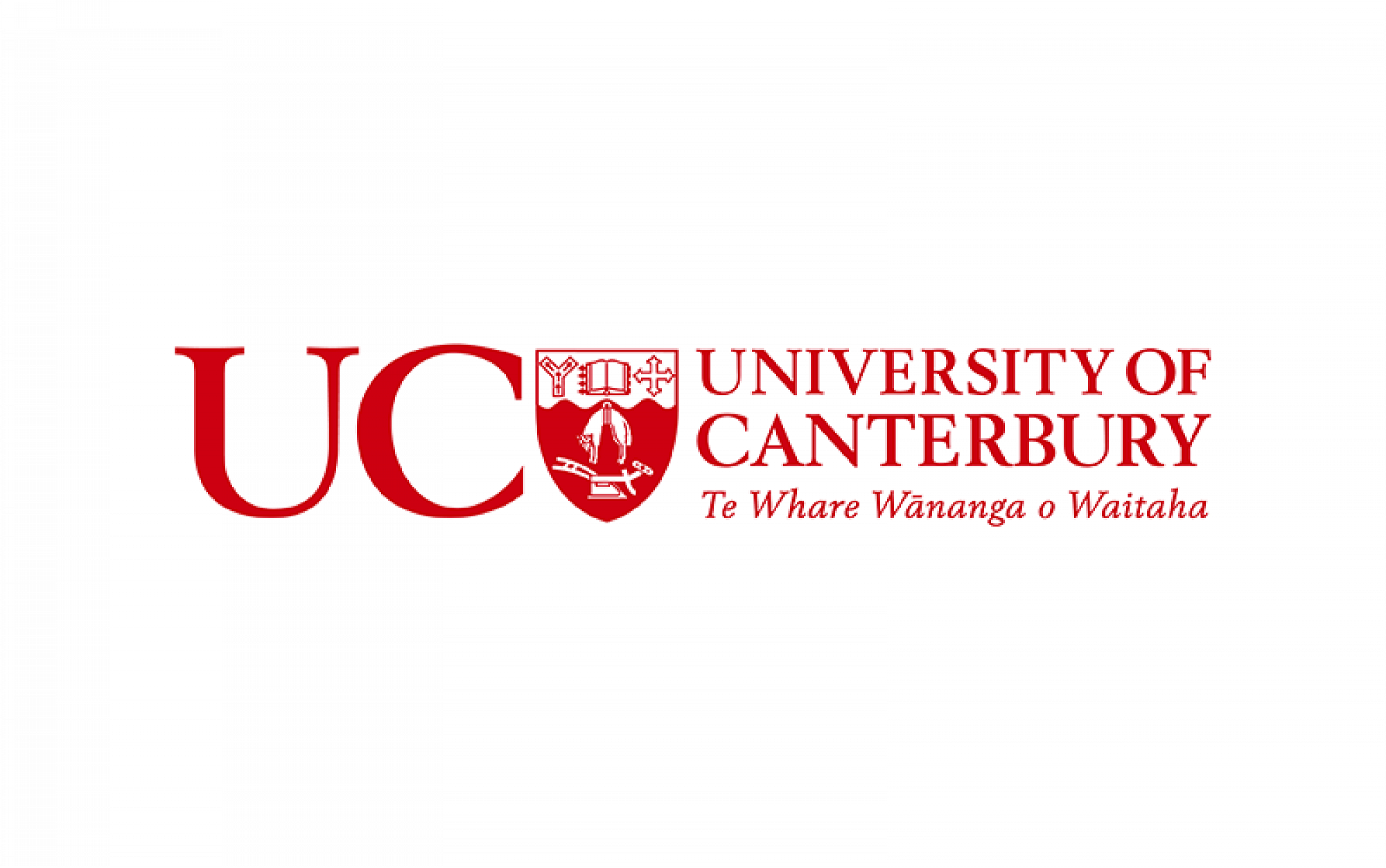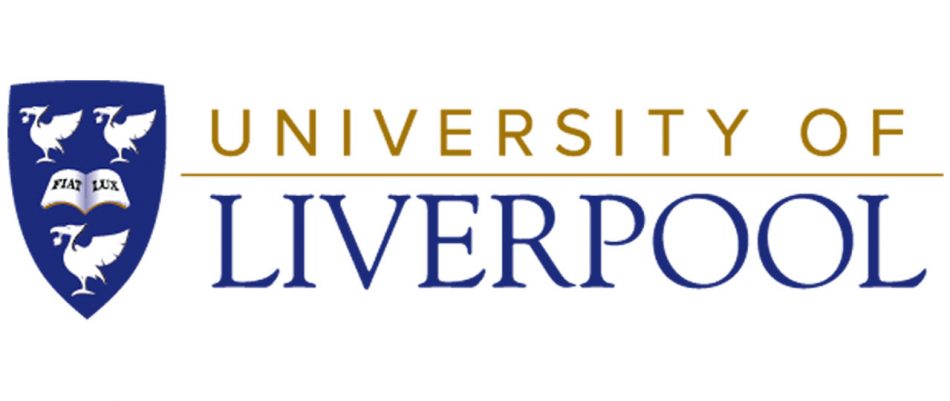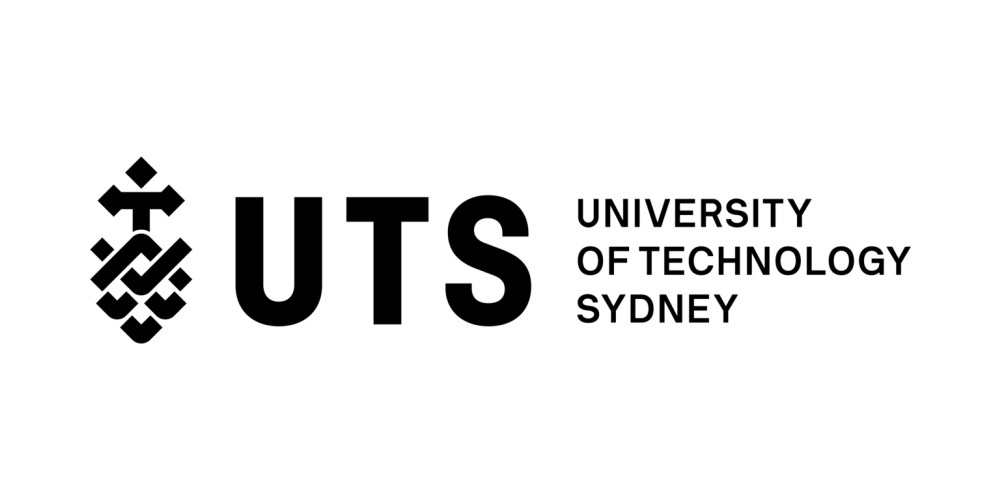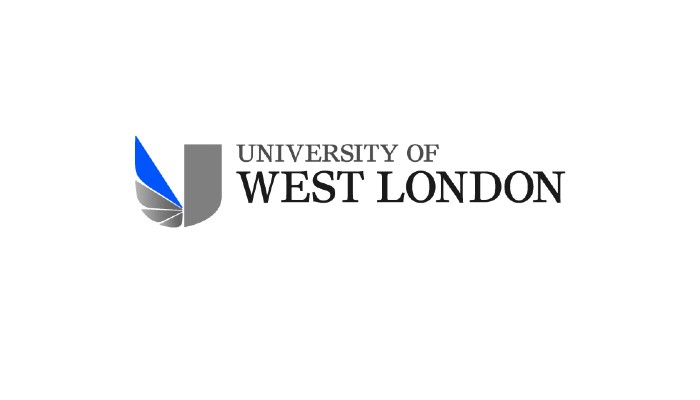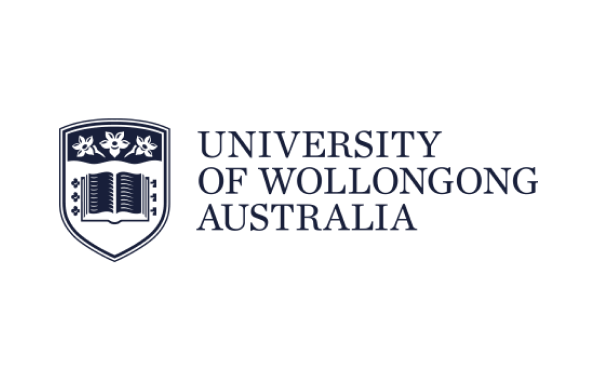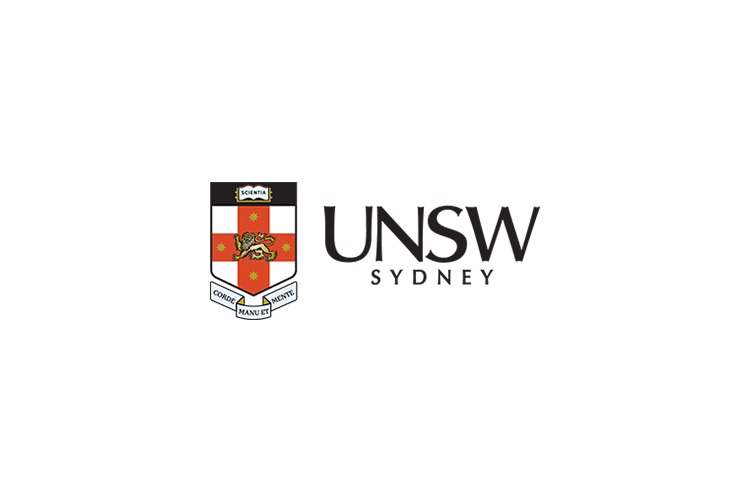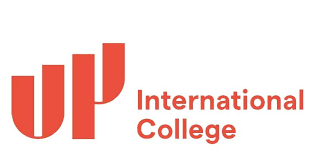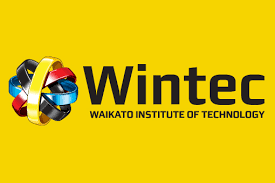Health Studies Abroad: A Holistic Approach for Indian Students
Embarking on a study abroad journey is an incredible opportunity for personal and academic growth. For Indian students, choosing a health-related course can open doors to global perspectives, advanced research, and innovative practices. This page is designed to provide you with a comprehensive overview of health studies abroad, helping you navigate your options and prepare for a rewarding experience.
Studying health abroad offers a unique chance to compare healthcare systems, understand diverse public health challenges, and gain exposure to cutting-edge medical technologies and research methodologies not always available domestically. It's about more than just textbooks; it's about real-world application, cultural immersion, and developing a truly global health consciousness.
Why Choose Health Studies Abroad?
- Global Perspective: Understand healthcare systems, policies, and challenges from an international viewpoint.
- Advanced Research & Technology: Access state-of-the-art laboratories, research facilities, and innovative medical technologies.
- Diverse Specializations: Explore a wider range of specializations within health sciences, from public health to biomedical engineering.
- Cultural Competence: Develop crucial skills in working with diverse patient populations and healthcare professionals.
- Career Advancement: Enhance your resume with international experience, making you a more competitive candidate in the global job market.
- Networking Opportunities: Connect with leading academics, researchers, and professionals from around the world.
Popular Health-Related Courses and Specializations
The field of health is vast and encompasses numerous disciplines. Here are some popular areas of study that Indian students often pursue abroad:
Public Health
Public health focuses on preventing disease, prolonging life, and promoting health through organized efforts and informed choices of society, organizations, public and private communities, and individuals. Programs often include:
- Epidemiology
- Biostatistics
- Environmental Health
- Health Policy and Management
- Social and Behavioral Sciences
- Global Health
Example Course Modules: Disease Surveillance, Health Promotion Strategies, Healthcare Economics, International Health Regulations.
Biomedical Sciences
This field explores the biological basis of human health and disease. It's ideal for students interested in medical research, pharmaceuticals, and biotechnology.
- Medical Microbiology
- Immunology
- Genetics
- Pharmacology
- Molecular Biology
- Neuroscience
Example Course Modules: Advanced Cell Biology, Drug Discovery and Development, Medical Diagnostics, Cancer Biology.
Health Management and Administration
For those interested in the operational and leadership aspects of healthcare, these programs focus on managing healthcare facilities, systems, and personnel.
- Healthcare Finance
- Healthcare Policy
- Hospital Administration
- Health Information Systems
- Strategic Management in Healthcare
Example Course Modules: Quality Improvement in Healthcare, Healthcare Law and Ethics, Project Management in Health, Digital Health Transformation.
Nursing and Allied Health Professions
Many countries offer advanced degrees and specialist training for nurses and allied health professionals, providing opportunities to learn new techniques and approaches.
- Advanced Practice Nursing (e.g., Nurse Practitioner)
- Physiotherapy/Physical Therapy
- Occupational Therapy
- Speech-Language Pathology
- Medical Imaging Technology
Example Course Modules: Clinical Decision Making, Advanced Assessment Skills, Rehabilitation Techniques, Patient Safety and Quality Care.
Nutrition and Dietetics
With a growing global focus on preventive health, nutrition programs are becoming increasingly popular.
- Clinical Nutrition
- Public Health Nutrition
- Sports Nutrition
- Food Science
Example Course Modules: Nutritional Epidemiology, Dietary Assessment, Medical Nutrition Therapy, Food Security and Sustainability.
Key Considerations for Indian Students
As you plan your health studies abroad, keep the following points in mind:
Accreditation and Recognition
Ensure that the foreign degree will be recognized in India if you plan to practice or work here after your studies. Research the accreditation bodies in both the host country and India. For medical degrees, this is particularly crucial.
Entry Requirements
Requirements vary significantly by country and institution. Typically, you will need:
- A strong academic record (transcripts)
- English proficiency test scores (IELTS/TOEFL)
- Letters of Recommendation (LORs)
- Statement of Purpose (SOP)
- Relevant work experience or internships (for postgraduate programs)
- For some clinical programs, specific prerequisite courses or entrance exams.
Tuition Fees and Living Costs
Studying abroad is an investment. Research the total costs involved, including tuition, accommodation, food, transport, health insurance, and personal expenses. Many universities offer scholarships for international students, and it's worth exploring these options.
Visa and Immigration
Understand the student visa application process for your chosen country. This often involves proof of funds, acceptance letter from the university, and a valid passport. Start this process well in advance.
Health Insurance
Comprehensive health insurance is mandatory for international students in most countries. Familiarize yourself with the coverage provided and any additional medical services you might require.
Preparing for Your Journey
Once you've chosen your course and destination, focus on practical preparations:
- Financial Planning: Create a detailed budget and explore funding options like education loans, scholarships, and part-time work regulations (if permitted).
- Language Skills: While English is often the medium of instruction, learning basic phrases in the local language can greatly enhance your cultural immersion.
- Cultural Adaptation: Research the culture, customs, and social norms of your host country. Be open-minded and adaptable.
- Academic Preparation: Review foundational concepts in your chosen health field. Some universities offer pre-sessional courses.
- Networking: Connect with alumni or current Indian students in your chosen university or city. Their insights can be invaluable.
Career Prospects After Health Studies Abroad
A degree in health from an international institution can significantly boost your career prospects. Depending on your specialization, you could pursue roles in:
| Specialization | Potential Career Paths |
|---|---|
| Public Health | Epidemiologist, Biostatistician, Health Policy Analyst, Public Health Administrator, Global Health Specialist |
| Biomedical Sciences | Research Scientist, Medical Technologist, Pharmaceutical Researcher, Biotechnologist, Clinical Trials Manager |
| Health Management | Hospital Administrator, Healthcare Consultant, Health Project Manager, Clinic Director, Health Information Manager |
| Nursing/Allied Health | Advanced Practice Nurse, Specialist Physiotherapist, Occupational Therapist, Speech Therapist, Radiographer |
| Nutrition/Dietetics | Clinical Dietitian, Public Health Nutritionist, Sports Nutritionist, Food Product Developer, Research Dietitian |
Many graduates also opt for further studies, such as PhDs, or pursue careers with international organizations like WHO, UNICEF, or NGOs focusing on health initiatives.
We encourage you to explore the specific program details on university websites, attend virtual open days, and reach out to university admissions teams for personalized advice. Your journey into global health starts here!



